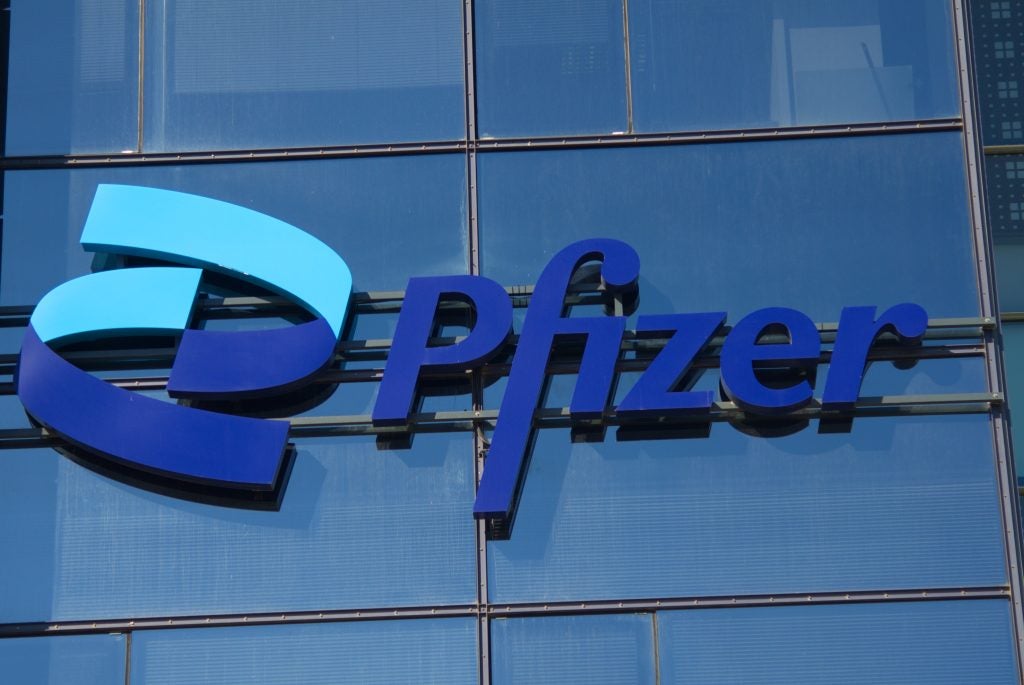Pfizer’s once-a-week antibody treatment for haemophilia A and B helped reduce bleeding events in patients compared to their usual treatment, as per the Phase III trial results.
The open-label, crossover, multi-centre Phase III BASIS trial (NCT03938792) included 116 people with haemophilia who were first observed with either regular prophylaxis or on-demand infusions of factor VIII or IX. After six months, groups were switched over to once-a-week treatment with marstacimab for one year.
Patients who first received regular prophylactic infusions showed a 35% decrease in their annual rate of bleeding events (ABR) when on marstacimab. While the group that was getting on-demand treatment reported a 92% decrease in their ABR when on the antibody treatment.
The safety profile for marstacimab was consistent with Phase I/II results and treatment was generally well-tolerated.
Pfizer’s marstacimab acts as an anti-tissue factor pathway inhibitor (anti-TFPI). This mechanism of action is differentiated from factor VIII or IX replacement treatments that are the current treatment standard for haemophilia.
Earlier this month, Novo Nordisk’s haemophilia anti-TFPI treatment received a complete response letter (CRL) from the US Food and Drug Administration (FDA).
GlobalData (GD) analysts expect total haemophilia A and B markets to grow to US $14.71 billion in 2030, with US sales accounting for 55.6% of the total sales. GD has identified gene therapies as a growing market that will account for 37% of the US haemophilia drug market in 2030.
GlobalData is the parent company of Clinical Trials Arena.
In November 2022, CSL won FDA approval for Hemgenix, a gene therapy treatment for haemophilia B.
Pfizer also has two gene therapies in pipeline for haemophilia. It released Phase III results on its haemophilia B gene therapy late last year, showing that it cut bleeds and reliance on factor IX infusions. It is developing a haemophilia A gene therapy in partnership with Sangamo Therapeutics.








